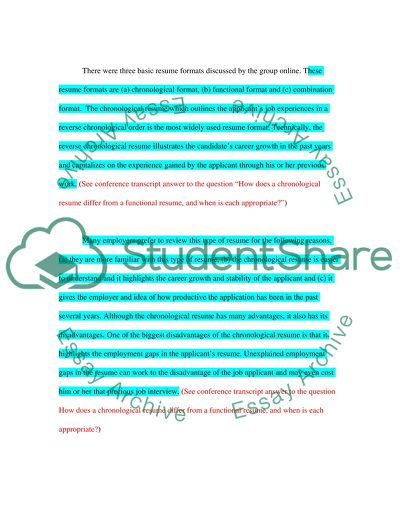Cite this document
(“Resume and Application Letter Writing Essay Example | Topics and Well Written Essays - 2500 words”, n.d.)
Retrieved de https://studentshare.org/english/1556760-resume-and-application-letter-writing
Retrieved de https://studentshare.org/english/1556760-resume-and-application-letter-writing
(Resume and Application Letter Writing Essay Example | Topics and Well Written Essays - 2500 Words)
https://studentshare.org/english/1556760-resume-and-application-letter-writing.
https://studentshare.org/english/1556760-resume-and-application-letter-writing.
“Resume and Application Letter Writing Essay Example | Topics and Well Written Essays - 2500 Words”, n.d. https://studentshare.org/english/1556760-resume-and-application-letter-writing.


